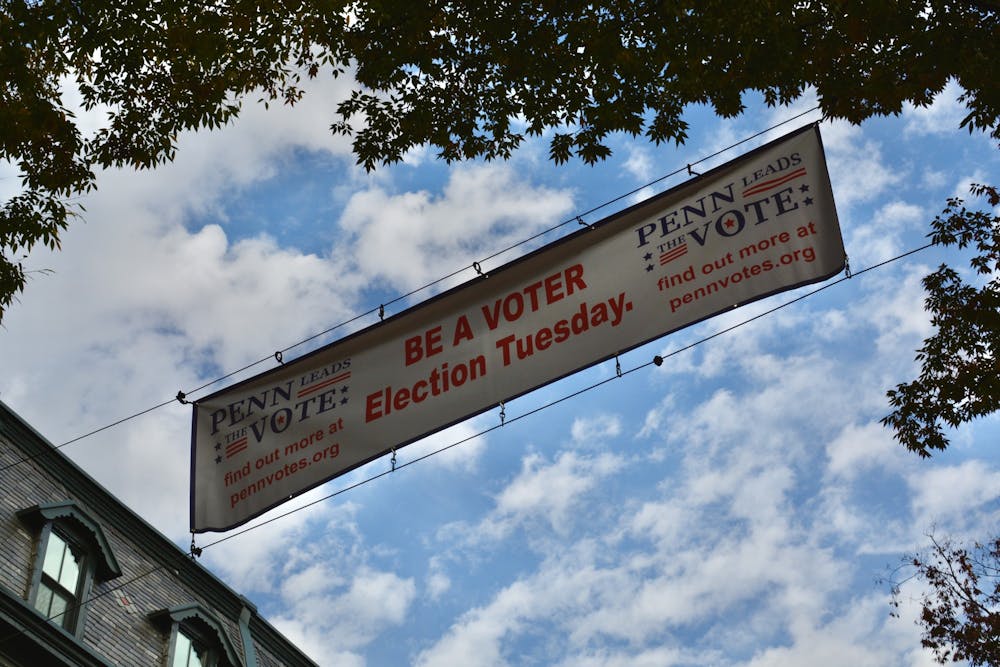
One of the most inspiring moments of my life was being in Washington D.C. on March 24, 2018, the day of the March for Our Lives. On Valentine’s Day of the same year, seventeen students and faculty were killed by a gunman at Marjory Stoneman Douglas High School in Parkland, Fla., and the resulting grief created, what was at the time, one of the largest demonstrations in recent history against gun violence.
I remember being surrounded by hundreds of thousands of people who cared deeply about the wellbeing of Americans, and in that moment, I was filled with a sense of hope. For someone who grew up in a generation molded by the underlying fear of being caught in mass shooting, that hope felt real, and meaningful change felt like it was just across the horizon. In the two and a half years since the March for Our Lives, however, there has been little — if any — meaningful gun legislation aimed at lowering violence. All of the energy and hope that I shared that day never really materialized.
One thing that American politics has never been short of is passion. In the past couple decades, that passion has been fueled by the development of the 24-hour news cycle, which offers Americans an unceasing stream of content. Over the past several years, the news cycle shifted from television to Twitter, and the cycle morphed into featuring easily consumable content that favors soundbites and moments over substantive discussion. Politicians are incentivized to partake in “epic takedowns” of their opponents rather than intelligently discuss the nuances of the legislation they intend to pass.
This has created an environment where politics has become more of a sport with a deep rivalry than a means of thinking about innovative ways to improve American society. The way politics is presented, everything seems zero-sum: if Democrats win, it means Republicans lose, and vice versa. In reality, politics ought to be about working together towards improving the lives of everybody, and this is done through the hard, tiring work of policymaking. Discussions of policy are often boiled down to meaningless pledges instead of actual plans. Recently, Joe Biden has gotten in hot water over his rhetoric surrounding his support of fracking, which has angered some, relieved others, and confused all. However, I would argue that scrutinizing whether or not Joe Biden truly supports fracking is irrelevant. Whether Vice President Biden supports it or not, fracking will remain a staple of America’s energy economy over the next decade, and it would be more productive for all of us to discuss the ways in which we can safely and responsibly transition away from fracking while protecting our energy and economic health.
Having nuanced discussion is especially difficult when the President of the United States and his party is committed to confusing the role of science in society and actively impeding evidence-based legislation. But as students at Penn invested in the future of our country, we can begin by having those discussions on our own. Recently, Caroline Magdolen discussed the importance of reaching out to those we don’t necessarily agree with in a brilliant op-ed, but I suggest taking it a step further and only discussing the pros and cons of particular policy decisions. You may find that discussing the Affordable Care Act in objective, clinical terms without references to politics or party will spark a refreshing and fruitful debate.
I think back to my day at the March for Our Lives and the hope I felt. For me, the past two years (and especially the past several months) haven't been quite as hopeful, but I feel that optimism coming back, despite the circumstances. I’ve shifted my perspective away from the immediate future and instead invested myself in the long-term, confident that with time we’ll be able to talk about what actually matters. That certainly won’t happen within the next year or even within the next four years, but that time will come. For now, the best we can do is have those conversations on our own.
VARUN SARASWATHULA is a College junior from Herndon, V.A. studying the Biological Basis of Behavior and Healthcare Management. His email is vsaras@sas.upenn.edu.
The Daily Pennsylvanian is an independent, student-run newspaper. Please consider making a donation to support the coverage that shapes the University. Your generosity ensures a future of strong journalism at Penn.
Donate






